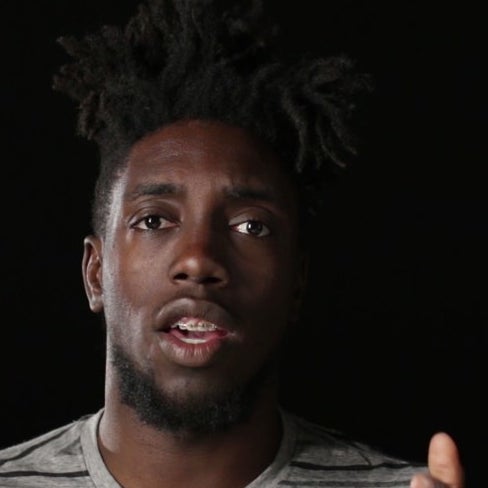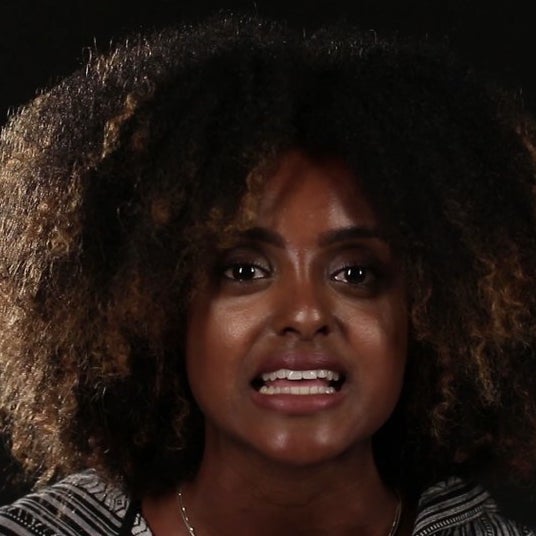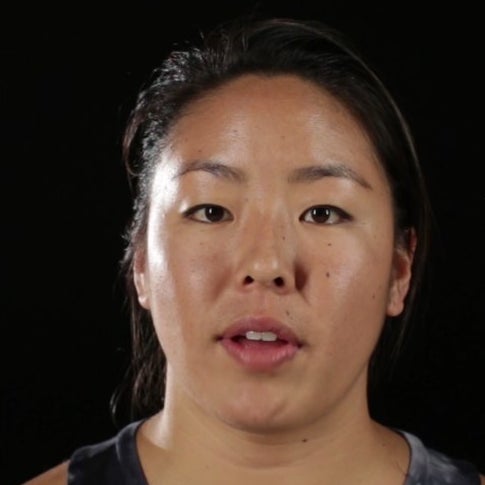In addition to seeing colorism in the media they consume daily, many people of color experience it in their everyday lives. A few people decided to open up about the microaggressions that have shaped their life experiences:
View this video on YouTube
As a person of color, talking about race openly and candidly can be challenging.
But the reality is that there is something about having darker skin that shapes the way someone moves through the world.
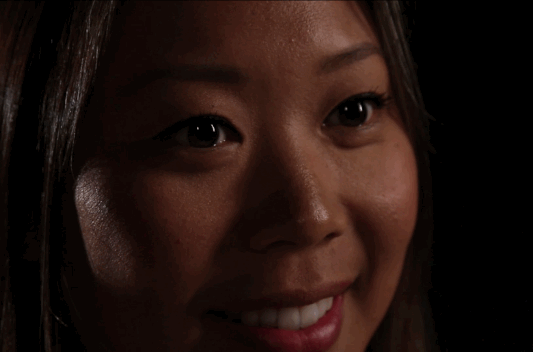
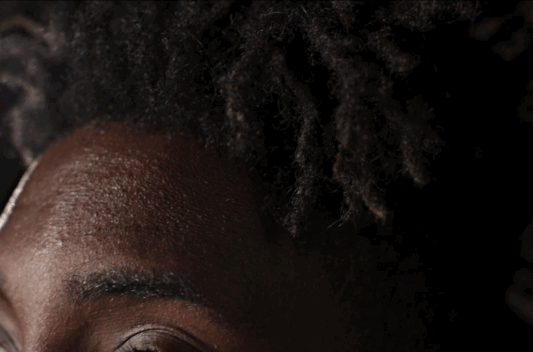
And we aren't just speaking abstractly — this is something that's been seen throughout history. Lanita Jones, USC associate professor of anthropology and American studies and ethnicity, breaks down where colorism stemmed from and how it can be dismantled:
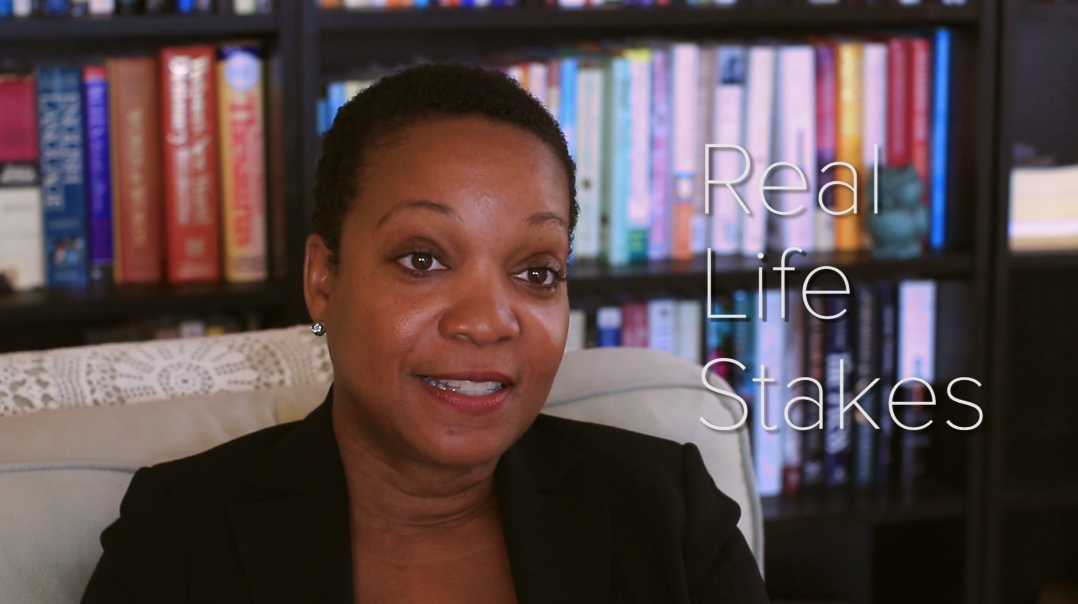
"Could it be that something as early as colonization or slavery is primarily responsible for our beauty standards today? We're talking about who works in the field and who works in the house. We're also talking about the rape of slaves to produce."
And because of this historical context, there has been a consistent pattern in how mainstream media treats people with darker skin — casting them in stereotypical roles:
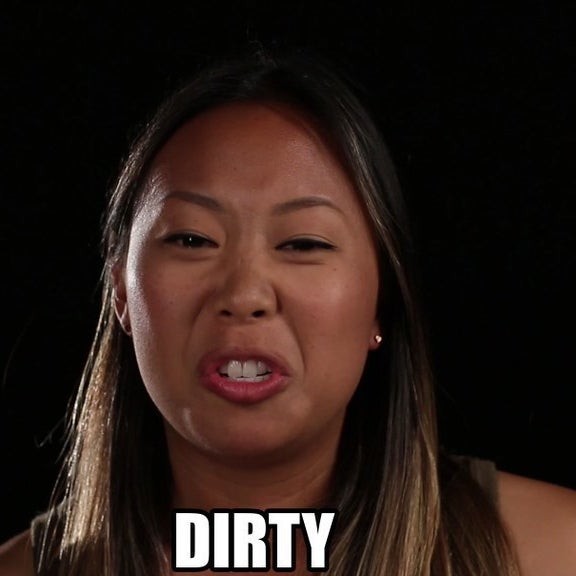
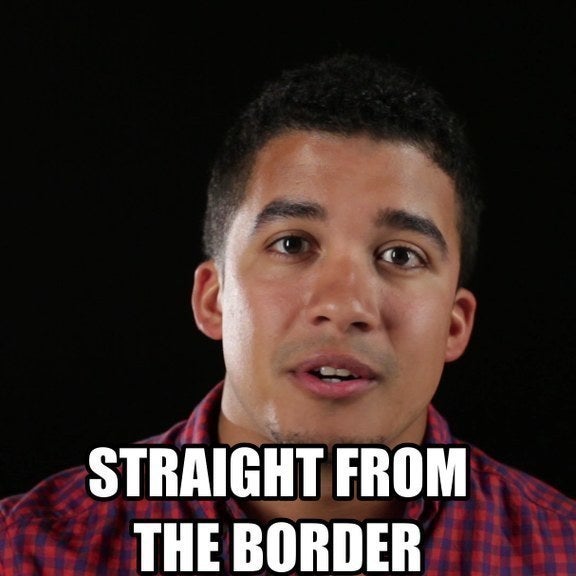
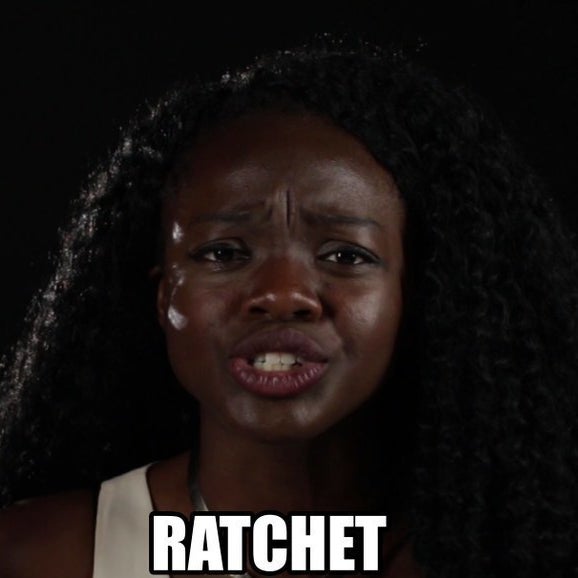
Julissa addressed the term "mejaorando la raza" that is used in Dominican culture...
...which suggests that you're advancing the the population. It perpetuates the idea that if you're lighter, you're bettering the island.
When Edgar was growing up, he was ridiculed for his blackness and was the butt of racist jokes. It became so emotionally abusive that he tried to "culturally lighten" himself by listening to rock music and gelling his hair.
Hannah described her first experience with colorism when she was in Korea with her mother and a woman walked up to them and asked, "Why is your daughter so dark?"
Hannah also addressed that colorism plays a huge role in Korean culture and media.
Selorm has been no stranger to invasive comments about her race, either. She grew up hearing "you're pretty for a dark-skinned girl," which affected her relationship with her body and her skin color.
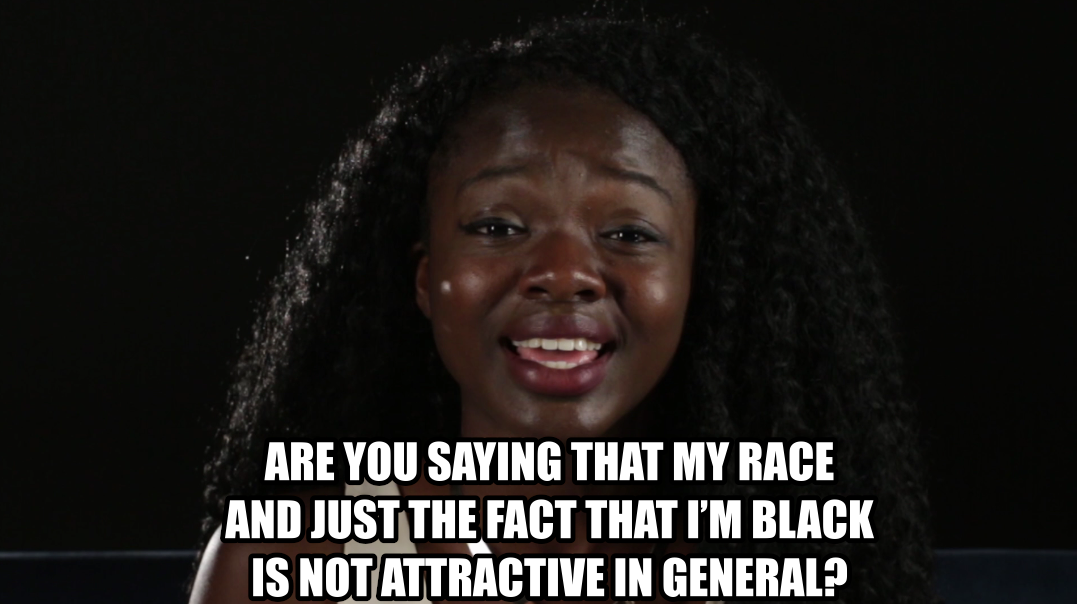
Tanha remembers she started using bleaching cream when she was in the third grade. The cream caused an allergic reaction, and it took her finding her individuality and beauty to stop using the creams.

These are just a few stories of people who deal with colorism every single day.
